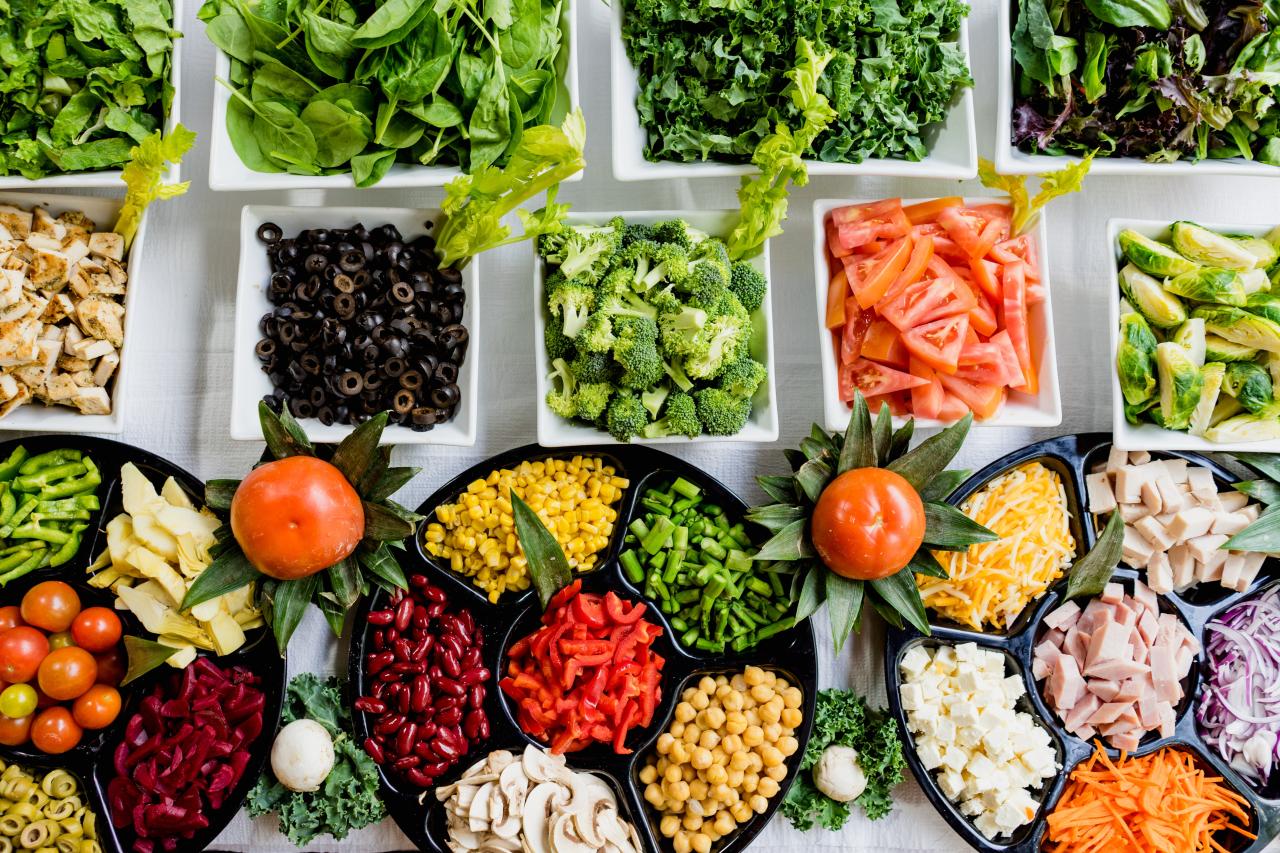The preliminary study of more than 350,000 women shows that those whose diets tend to be inflammatory have a higher risk of breast cancer than women who mainly feed on low-inflammatory foods.
Discover our latest podcast
What is a high inflammatory diet?
As you may have guessed, these high inflammatory diets contain the usual suspects:
- Sugar and high-fructose corn syrup eg; candy, chocolate, soft drinks, cakes, cookies, doughnuts, sweet pastries, and certain cereals
- Vegetable and seed oils such as those used for making many processed foods
- Refined Carbohydrates, i.e. pasta, rice, bread, and food that contain flour and added sugar
- Artificial trans fats like most margarines, packaged cakes and pastries
- Excessive alcohol
- Processed meat
Diets high in these types of foods lack the ability to fight off inflammation which is a cause of many known cancers.
Although these findings do not clearly prove the cause and effect component of breast cancers, they support existing evidence that diet can affect one’s likelihood of developing breast cancer and general consensus on the benefits of healthy eating.
A case for traditional Mediterranean diets
Since the advent of modern medicine, diets have been linked to the risk of numerous cancers including breast cancer.
This is because diets have an impact on body weight which has been found to increase the risk of various diseases including cancers.
But scientists say, eating habits influence the chances of getting cancer more than their impact on weight.
A senior scientist at the American Cancer Society Marjorie McCullough USNews that:
There is some evidence that dietary patterns rich in plant foods and lower in animal products and refined carbohydrates are associated with a lower risk of postmenopausal breast cancer.
She added that one clinical trial which gave the strongest evidence yet, points to the benefits of the Mediterranean diet—a diet rich in fish, vegetables, whole grains and good fats and low in red meat and processed foods.
Other factors
The new study which is undergoing peer review found that out of more than 13,000 women diagnosed with breast cancer over the course of 15 years, there was a 12% increased risk among those who were on pro-inflammatory diets.
The link was stronger among women who developed the cancer before menopause compared with those who got it later.
Other factors such as drinking habits, body weight and exercise were also taken into account. According to the lead researcher, Carlotta Castro-Espin, all what this study does is to support the existing advice on diet.















